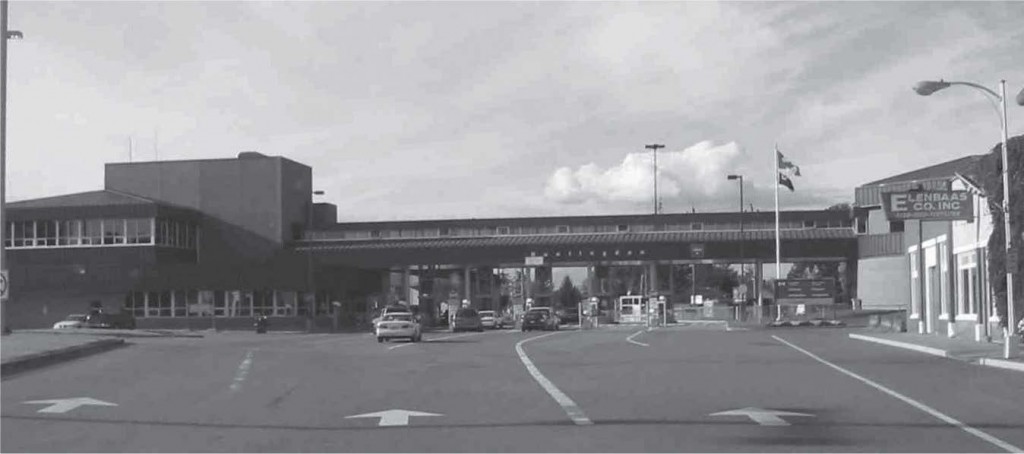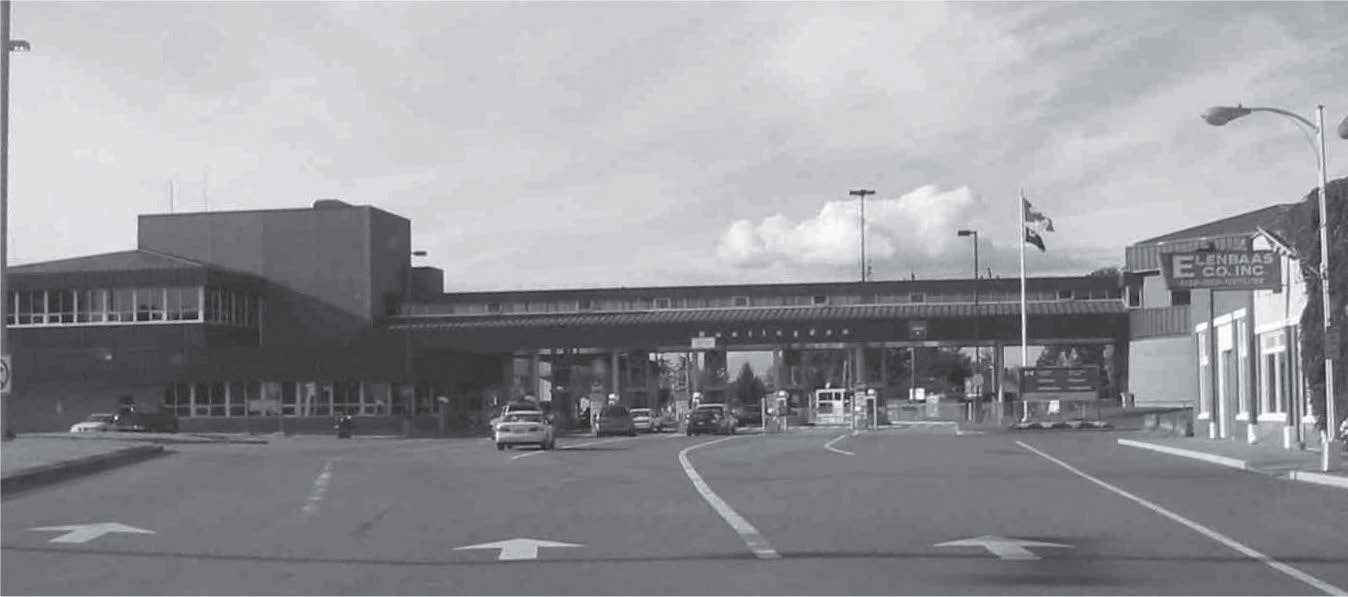By Rachel Tait (Contributor) – Email

Prof Talk is The Cascade’s oral history series, featuring the people best qualified to talk about what UFV has been like over the course of its first few decades: its professors.
John Belec has been a geography professor at UFV for 24 years, is published in several academic journals, and specializes in human geography.
What brought you to UFV? I was teaching at a university in Ontario. There was a job ad for a geographer. At that time, in 1992, UFV was expanding; they were converting from a college to a university college. So ‘92 was a year of major expansion, and there was a record number of hiring in ‘92 to ‘93, and I was one of those people.
How do the courses you’re teaching now differ from when you started teaching? There has been only one change: I no longer teach the introduction to human geography. Otherwise all the other classes I teach are the same. In fact, if I go back to Ontario where I started teaching 32 years ago, there has been a continuity in those courses.
What kind of changes have you made in your teaching approaches or methods over time, or have you found one style that works? I have been more conscious of giving students more responsibility for charting their course, and I think that reflects the times. Thirty-two years ago there was a greater expectation that the person at the head of the class was the authority, the expert — whereas one obvious change is the realization that students have, and need to have, and should have, more power in their relationship. This has been a major change.
Have there been any colleagues or students that have been particularly helpful or influential in what you do as a teacher? Yes, there have been two professors: David Gibson and Doug Nicol, who were the original owners of my department. Both of them were extremely influential in giving me, first of all, a sense of this place, because I was not familiar with southern British Columbia. I had never been here before. Also, they had a student-centred approach that came from their history. They were older than I was, and they developed this perspective and ability. I learned a lot from them about this place, but also how to approach students in the classroom.
What kind of projects (research, pedagogy, course development) have you worked on at UFV? There have been three things, in no particular order. The first one I will mention is that I have been studying the Canada / US border. I have been working with a colleague at Western Washington University, Patrick Buckley, and he and I developed a course to bring the Brown University students on his side and Canadian students on my side from UFV into one class. One week we would meet at Western in Bellingham, and one week at UFV in Abbotsford. We would become one group of Americans and Canadians, and we did quite a bit of research. The students and Patrick and I were looking at the impact of the border in our regions. That is one. The second is that I am interested in the role of the federal government in housing through legislation, so I have been studying the impact of housing policy in this region. Thirdly, I am quite interested in the development of Abbotsford, especially the creation of new neighbourhoods in the Townline area.
While we often talk of UFV as a single entity, each student or teacher will take something different from it. How would you describe what you’ve taken out of UFV, and how you’re still changing it? I guess the main thing, the dominant thing, is that connection that UFV provides to the local community in many different ways through my research — but also, for me, it brings the community alive in a different number of ways. It is an interface, a connection. I would certainly lose that, I think, if I was not a member of this community. I am a really strong supporter of student-directed research. I think that the huge advantage UFV has over our competitors is that we do provide ways, especially in my department, for students in the upper years especiallyzz, to become part of the research the faculty are carrying out. I think if I had all the resources, I would allow more students to be part of both the faculty-directed research and the student-directed research — to provide ways of promoting student-oriented research activity in whatever area drew them in. Geography is usually human or physical, so there is a lot of environmental research and also social research bringing those two together, and it’s quite valuable. This interview has been edited for length and clarity


